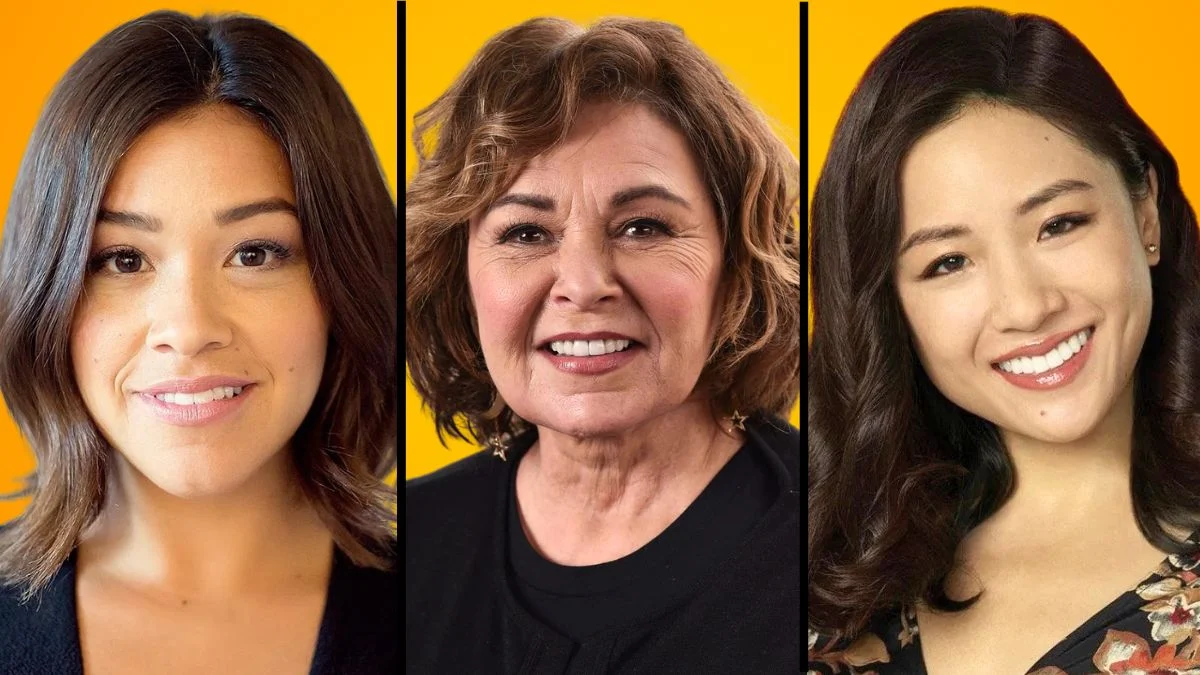
When public figures make mistakes, people expect them to take responsibility clearly and sincerely. However, some recent apologies from actresses haven’t quite hit the mark, actually causing more discussion. These apologies often followed controversial posts, interviews, or actions, and were heavily scrutinized for both their content and omissions. Viewers could tell when an apology felt unclear, sounded like an excuse, or emphasized what the person *meant* to do rather than the actual effect of their actions.
As a movie buff, I’ve always been fascinated by how public apologies play out, especially when they go wrong. This collection looks at apologies that really missed the mark – whether it was *when* they were delivered, *how* they were worded, or just the overall *tone*. I wanted to break down each situation, explaining what happened, where the apology was made (like a press release or social media), and most importantly, what the fallout was. The idea is to give you a clear picture of why these apologies became such big talking points among fans and people working in the industry – what made them so controversial and what impact they had.
Roseanne Barr
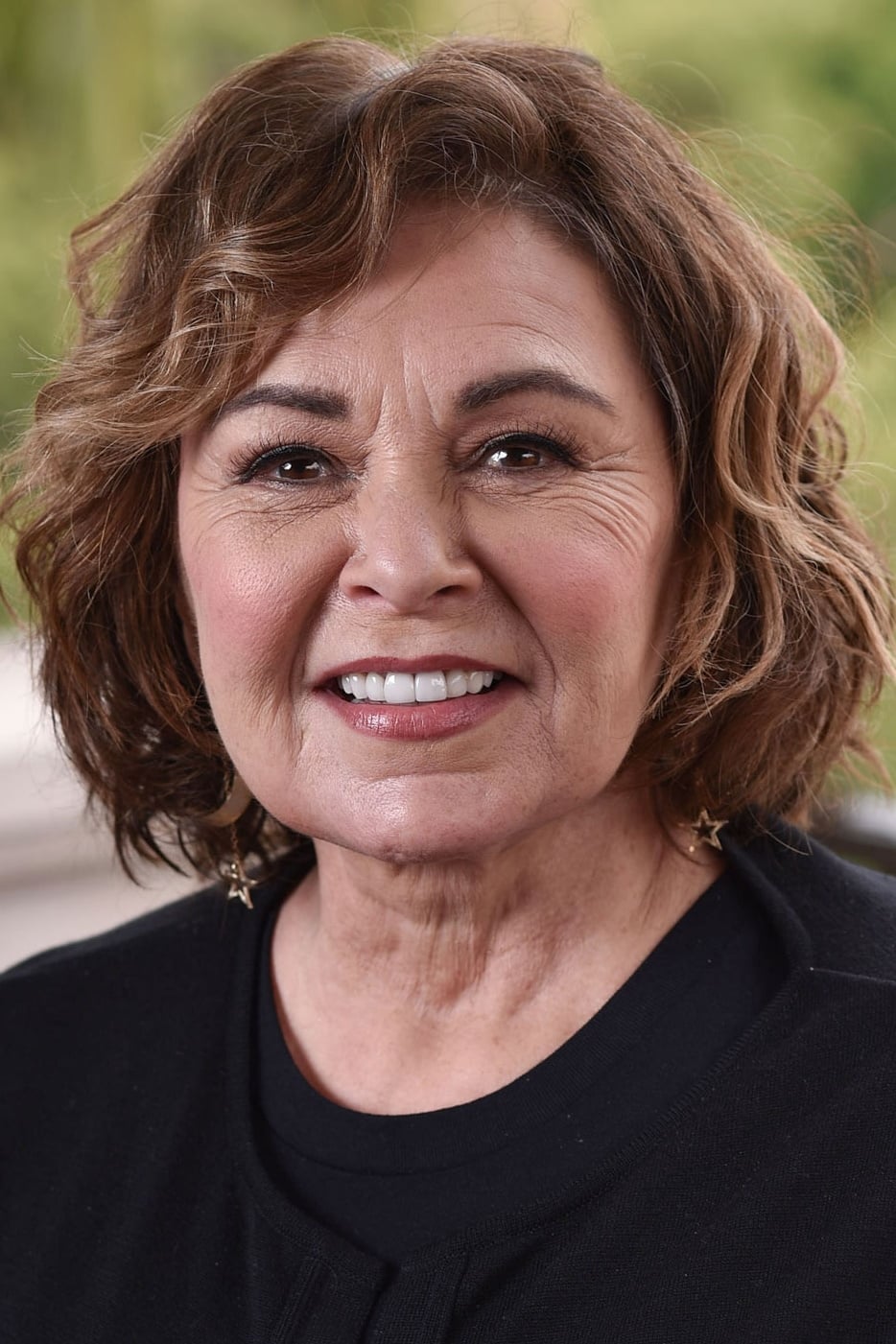
In 2018, a tweet she posted about a former White House advisor was heavily criticized as being racist, and as a result, ABC canceled the planned reboot of her sitcom that same day. While she apologized online, she also mentioned taking a sleep aid before tweeting, which sparked further backlash for seemingly blaming the medication instead of addressing the harmfulness of her comment. ABC then proceeded with a new version of the show, called ‘The Conners,’ without her.
Although she apologized, the show cancellation stood, and her time with ‘Roseanne’ was over. The incident quickly led to the removal of reruns from various platforms and became a notable example of how swiftly networks can react when they feel a boundary has been violated.
Lena Dunham
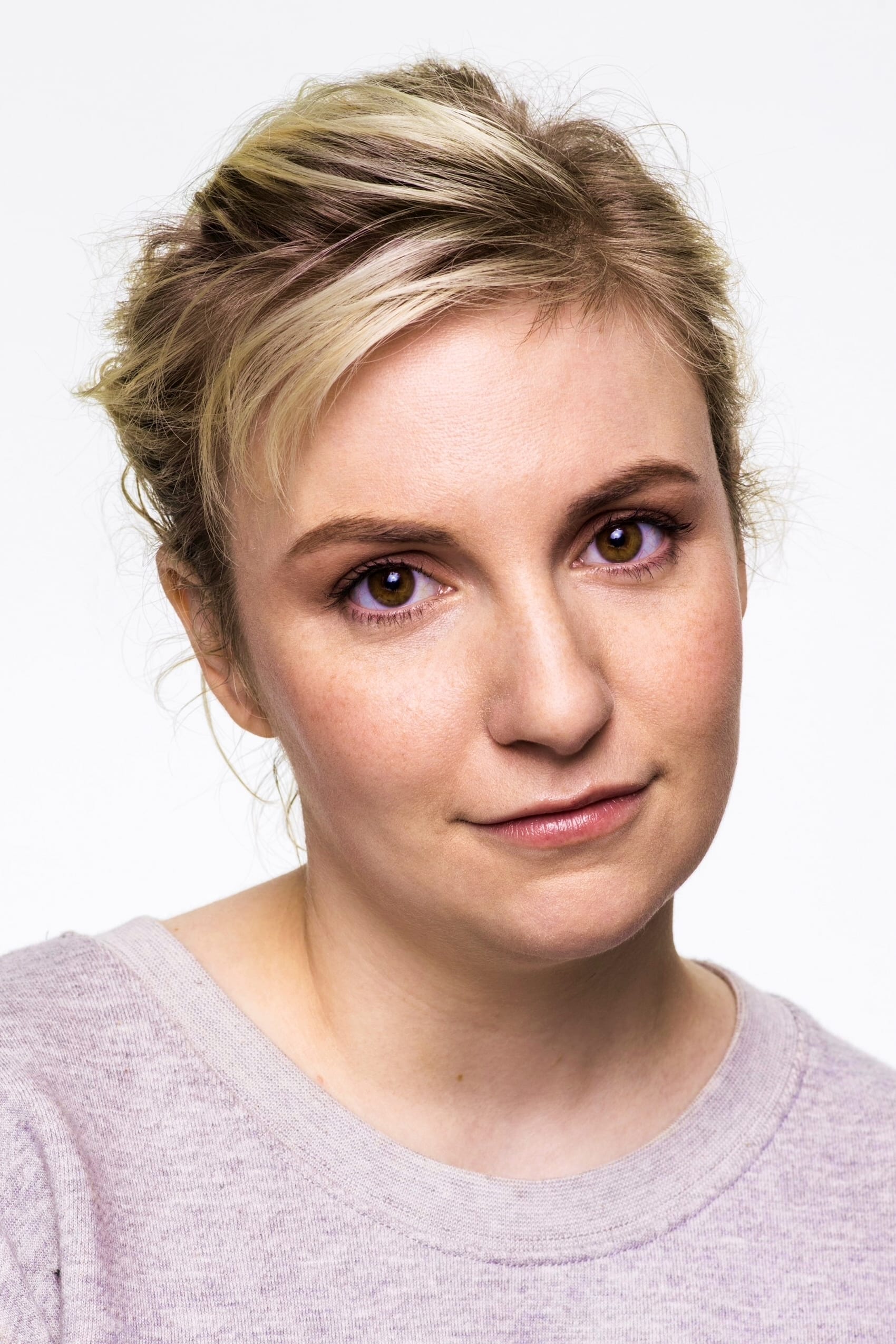
In 2017, after a writer on the show ‘Girls’ was accused of sexual assault, she initially defended him and questioned the accuser’s claims. Following further reporting and public criticism, she apologized, admitting her first statement had hurt the woman who came forward. She framed her apology by mentioning her past work as an advocate in the entertainment industry.
The change didn’t stop people from criticizing the decision, as many pointed out it only happened after public complaints. The situation sparked a larger discussion about the importance of believing those who come forward with accusations, and the duties of leaders and creators to maintain a safe work environment, especially on a show like ‘Girls’.
Gina Rodriguez
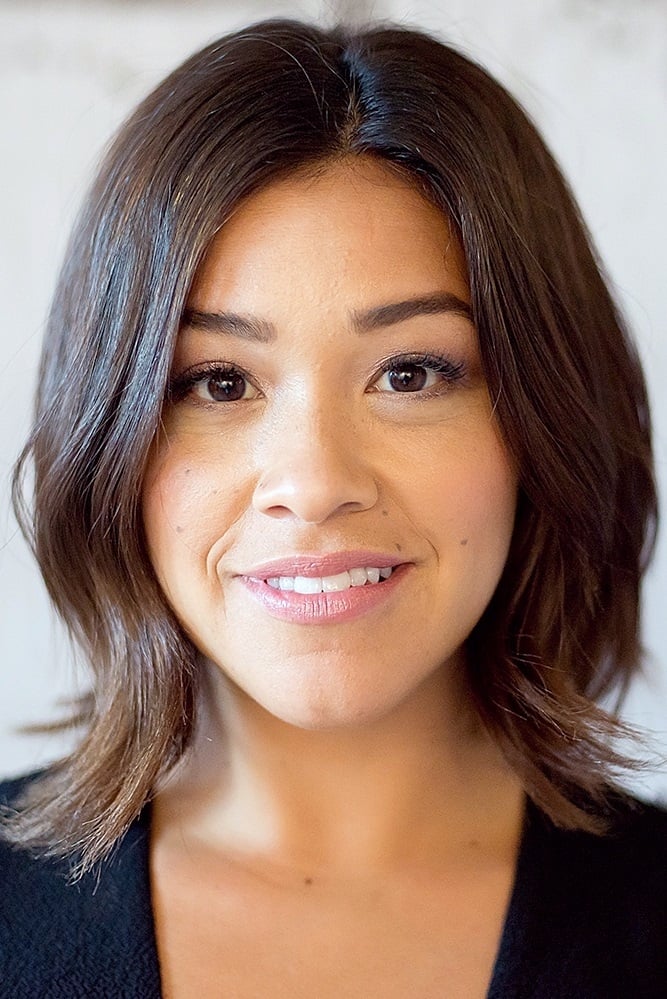
She shared a video on Instagram of herself singing along to a song, but used a hurtful and offensive word. After receiving backlash, she took down the video and initially apologized for *if* she had offended anyone, which many felt didn’t fully take responsibility. She later posted a second apology with clearer and more direct language.
The disagreement continued because the initial message immediately shaped how people understood the situation. It sparked a larger conversation about online responsibility for celebrities, particularly those known from shows like ‘Jane the Virgin,’ and how quickly a short video can erode audience trust.
Constance Wu
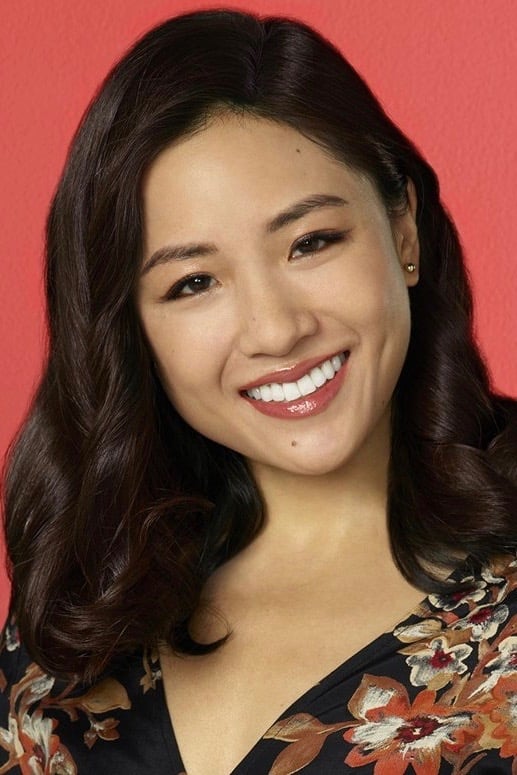
She expressed frustration with the renewal of ‘Fresh Off the Boat’ in a series of tweets that many fans and colleagues interpreted as disrespectful to the show and its creators. After deleting some of the original posts, she apologized, explaining her feelings but admitting that her words had been hurtful.
The statement didn’t completely resolve the issue, and it continued to be a topic in subsequent interviews. It also led to discussions within the entertainment industry about how actors should use social media when important news about shows – like ‘Fresh Off the Boat,’ where many people’s jobs depend on a single choice – is being announced.
Evangeline Lilly
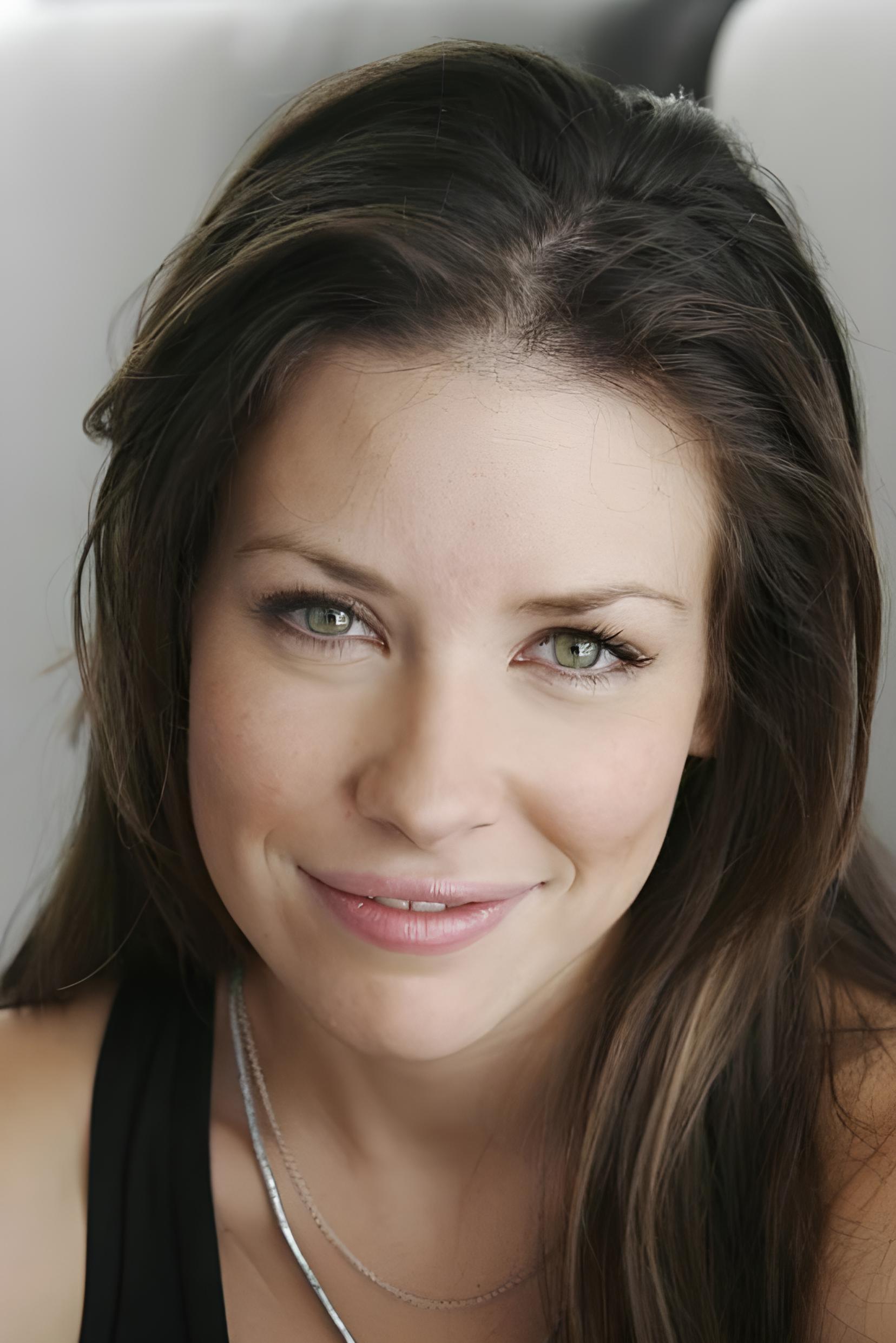
In early 2020, she publicly stated she wasn’t following social distancing guidelines, citing personal freedom, despite health officials recommending it. After facing backlash, she apologized, recognizing the severity of the pandemic and its effect on those most at risk, and admitted her initial comments were made at an inappropriate time.
I saw the apology, and while they said their understanding had evolved, honestly, it felt too late. Seeing it come from someone so famous, connected to big projects like ‘Ant-Man’ and ‘Lost’, meant a lot of people were already hurt. It really struck me how many actors ended up walking back statements they made during the pandemic – this was just one of several instances where they had to revisit things they’d said publicly.
Vanessa Hudgens
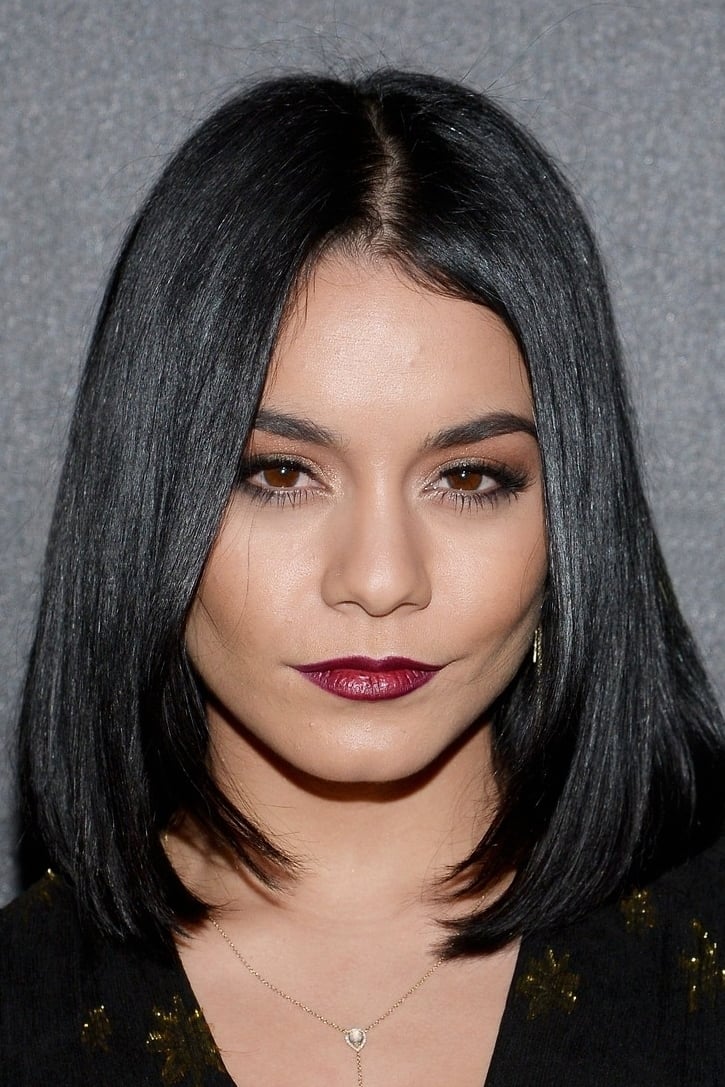
In March 2020, she made comments on a live video about the pandemic that seemed to downplay the danger to people. She quickly removed the video and apologized, explaining that her remarks were thoughtless and didn’t represent her beliefs.
While a swift response helped minimize the long-term consequences, the video continued to spread online, serving as a reminder that off-the-cuff remarks during live streams can harm someone’s reputation. The incident also sparked discussion about the responsibility of public figures – especially those known from shows like ‘High School Musical’ – when addressing large audiences during health crises.
Hilaria Baldwin
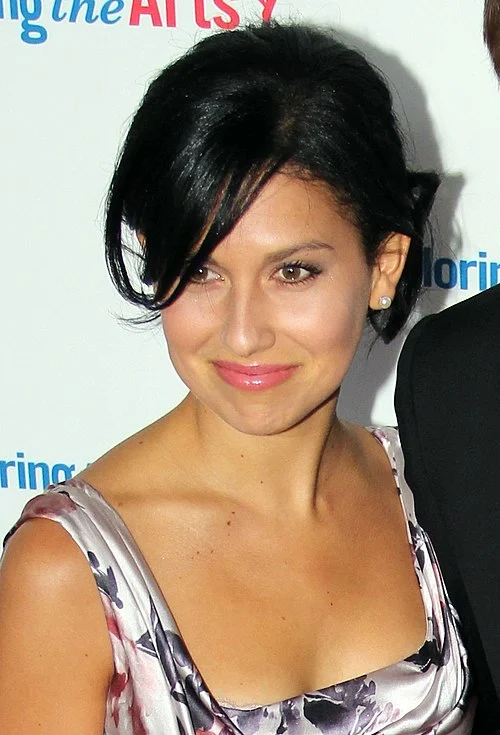
In late 2020, people began questioning her history and accent after inconsistencies were found in old videos and online profiles. Early in 2021, she released a video apologizing for not being upfront about her past and acknowledging she hadn’t always shared personal information accurately.
Many viewers weren’t satisfied with the apology, finding the explanation unclear on important details. The story continued to spread through news sources and podcasts, ultimately changing how the media discussed her work and public image.
Demi Lovato

A woman publicly criticized a frozen yogurt shop in Los Angeles on social media, claiming its displays promoted unhealthy dieting. After the shop and others responded negatively, she apologized, explaining her criticism came from personal feelings and that she hadn’t addressed the issue effectively.
The incident sparked a wider conversation about how tagging small businesses can affect them, and the significant influence celebrities have online. For the actress and singer, it highlighted how rapidly a customer’s issue can become a public relations challenge.
Julianne Hough
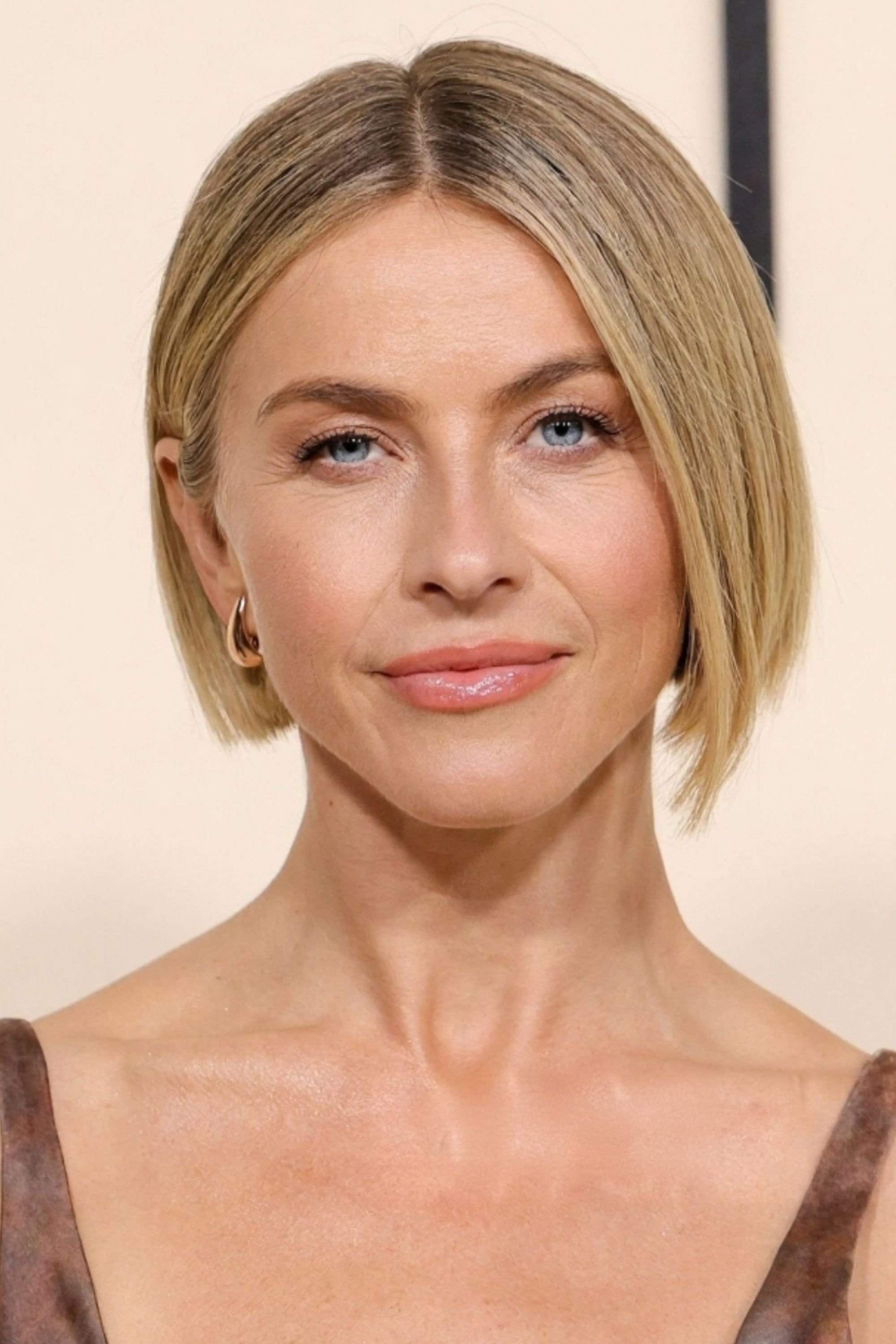
In 2013, she darkened her skin with makeup as part of a Halloween costume inspired by the show ‘Orange Is the New Black’. The resulting photos quickly drew criticism, and she immediately apologized online, explaining that she hadn’t intended to offend anyone and recognized her choice was a mistake.
Even after apologizing, the images continued to appear in conversations about blackface and appropriate costumes, especially when public figures were involved. The situation still follows her public image and gets brought up whenever there are discussions about respectful and accurate representation in entertainment.
Hilary Duff
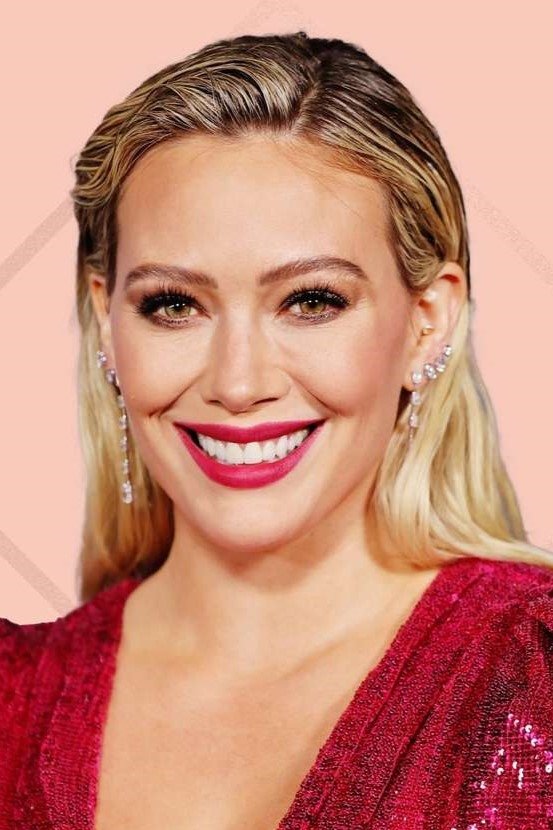
Okay, so back in 2016, I remember reading about this actress and her partner dressing up for Halloween as a Pilgrim and a Native American couple. It caused a huge uproar, and rightfully so – a lot of Indigenous people and their supporters were really hurt and called them out on it. She quickly posted an apology on Twitter, saying she was genuinely sorry if she’d offended anyone and admitted it wasn’t a well-thought-out costume choice. Honestly, it was a pretty big mistake and I was glad she acknowledged it.
Although an apology was issued for the offense caused, the photos continued to reappear each Halloween in news reports. This incident is now frequently cited as an example in discussions about celebrities avoiding costumes that rely on harmful cultural stereotypes, and it’s often brought up when people discuss her past roles, like ‘Lizzie McGuire’.
Zoe Saldaña
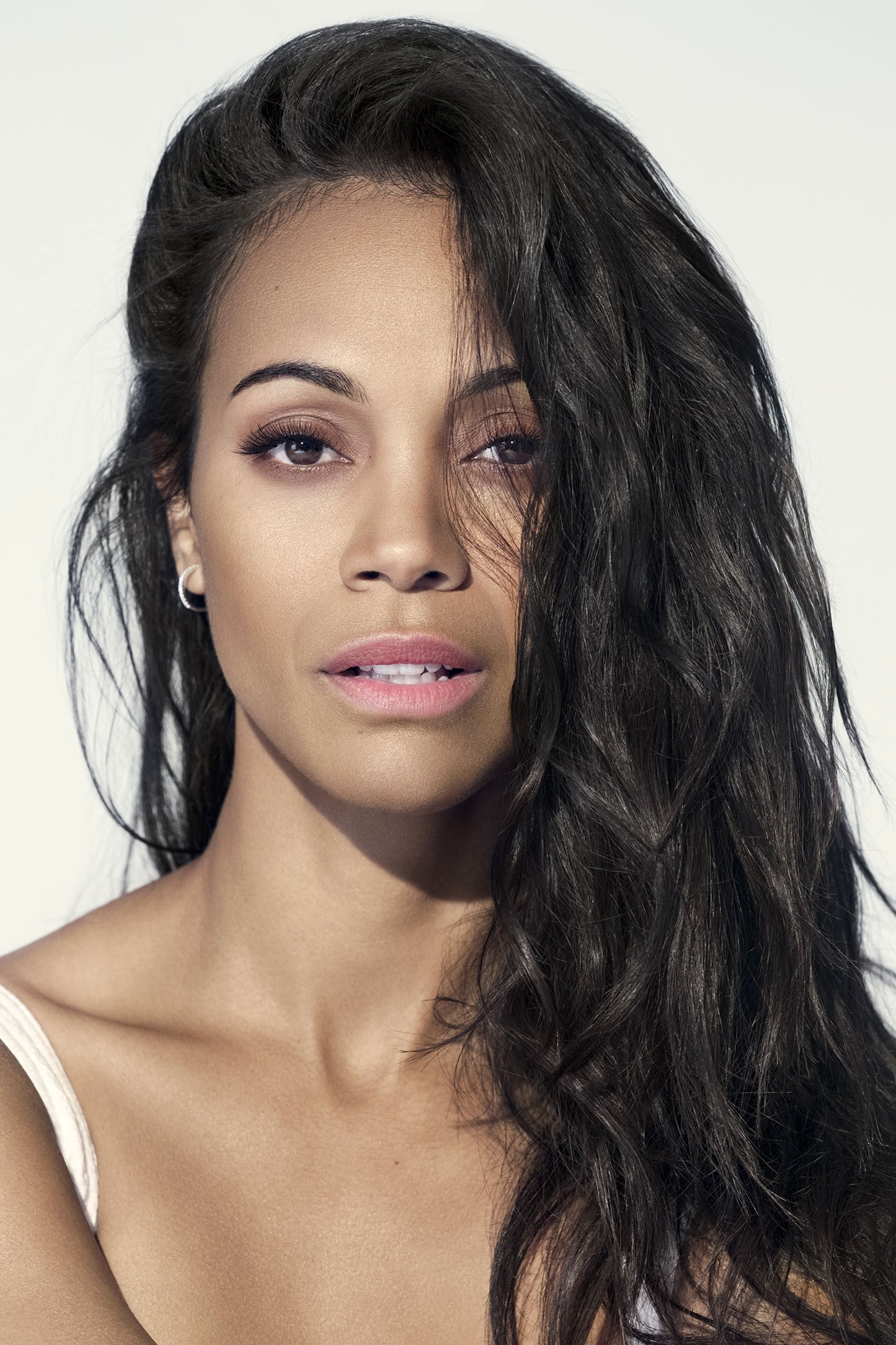
The actress later admitted she regretted taking on the role of Nina Simone in the film. She apologized to those who were upset by her portrayal, acknowledging that her appearance relied too much on makeup and didn’t accurately represent the singer. She explained that a Black actress with a similar complexion should have been cast, and that she had heard and understood the criticism.
The apology sparked ongoing discussions about colorism and how actors are cast in biopics. It’s often brought up when film studios are deciding whether to use makeup or prosthetics to portray real people, and how those choices can impact viewers’ trust in the film.
Jennifer Lawrence
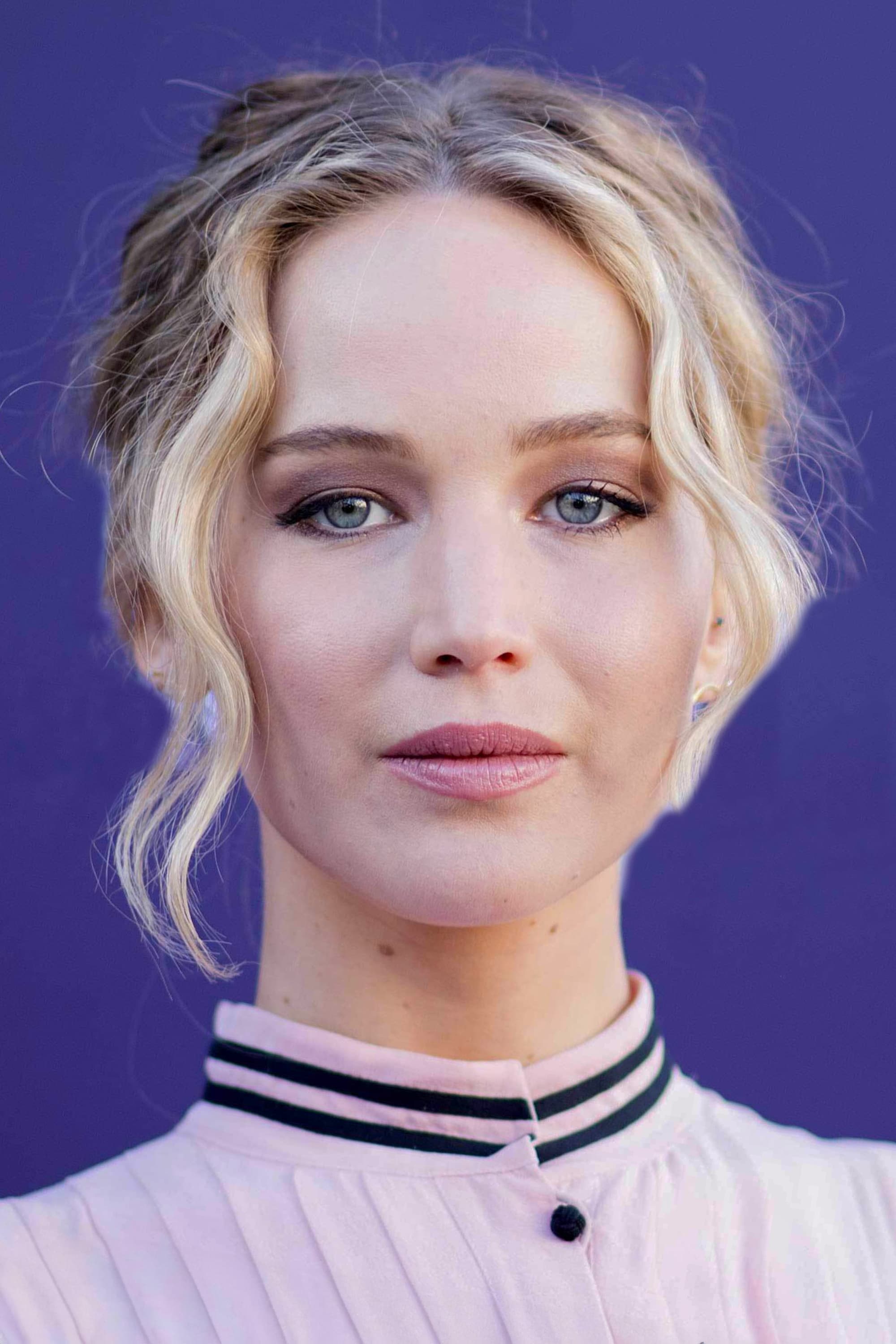
While discussing filming a ‘Hunger Games’ movie, she shared a story on a talk show about accidentally scratching some important rocks in Hawaii and joked about it. After receiving criticism online, she apologized, explaining she didn’t mean to offend Hawaiian culture and that she hadn’t told the story well.
The apology for the comments was swift and acknowledged how important the locations were to the culture, but parts of the original interview kept circulating online. This situation is frequently used as a lesson: when talking about popular franchises, be careful not to share stories about filming locations that disrespect local customs and traditions.
Awkwafina
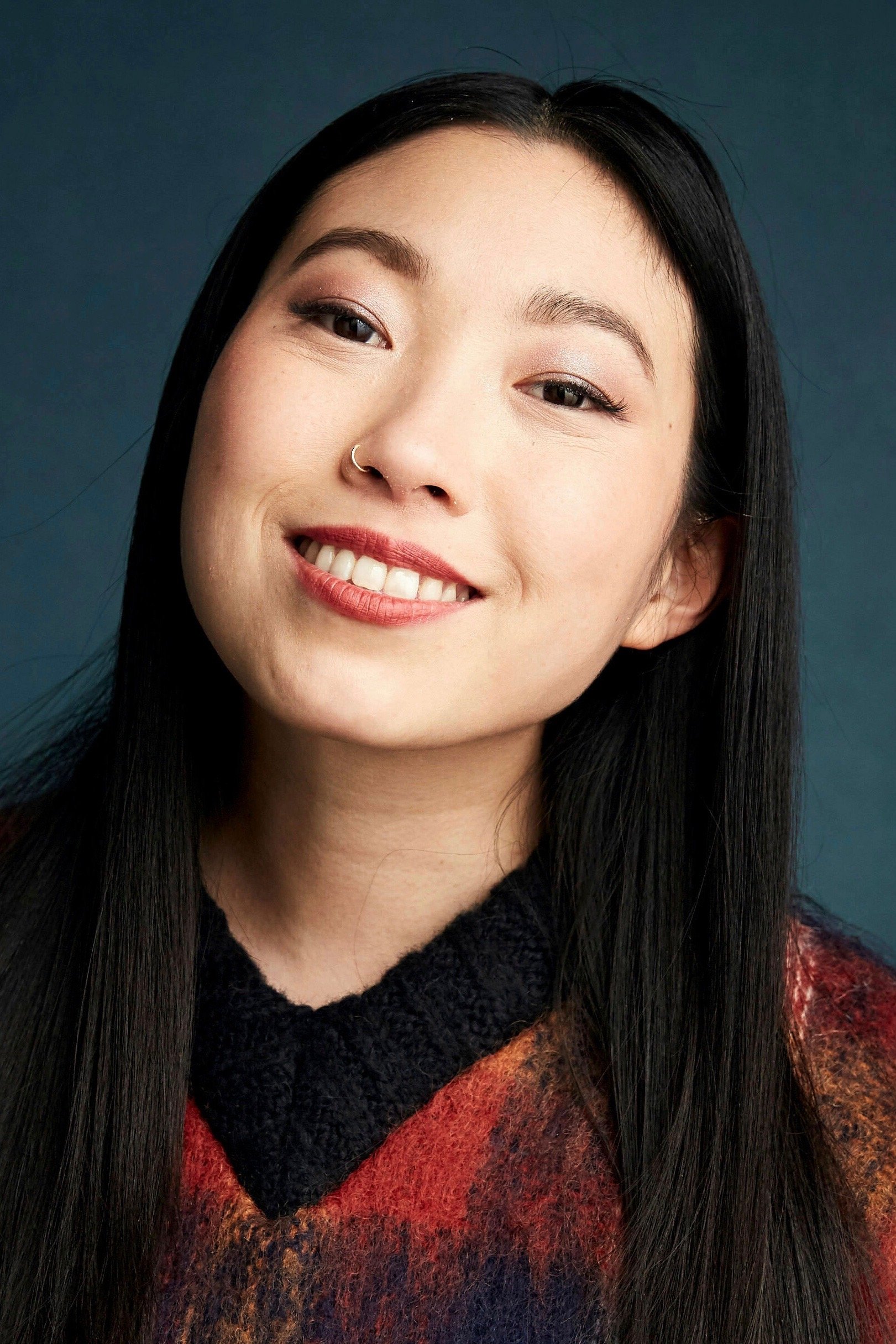
Following years of criticism regarding her use of a Black accent in her work and public appearances, she released a detailed statement in 2022 offering an apology to those who were hurt. She announced she would be less active on Twitter and stated she was open to learning and understanding, but the statement didn’t fully address all of the concerns raised by her critics.
People had different reactions to the response – some thought the explanation wasn’t thorough enough, while others were glad it addressed the issue. This discussion continues to influence how she’s presented and promoted in her projects, like animated movies and comedies.
Drew Barrymore
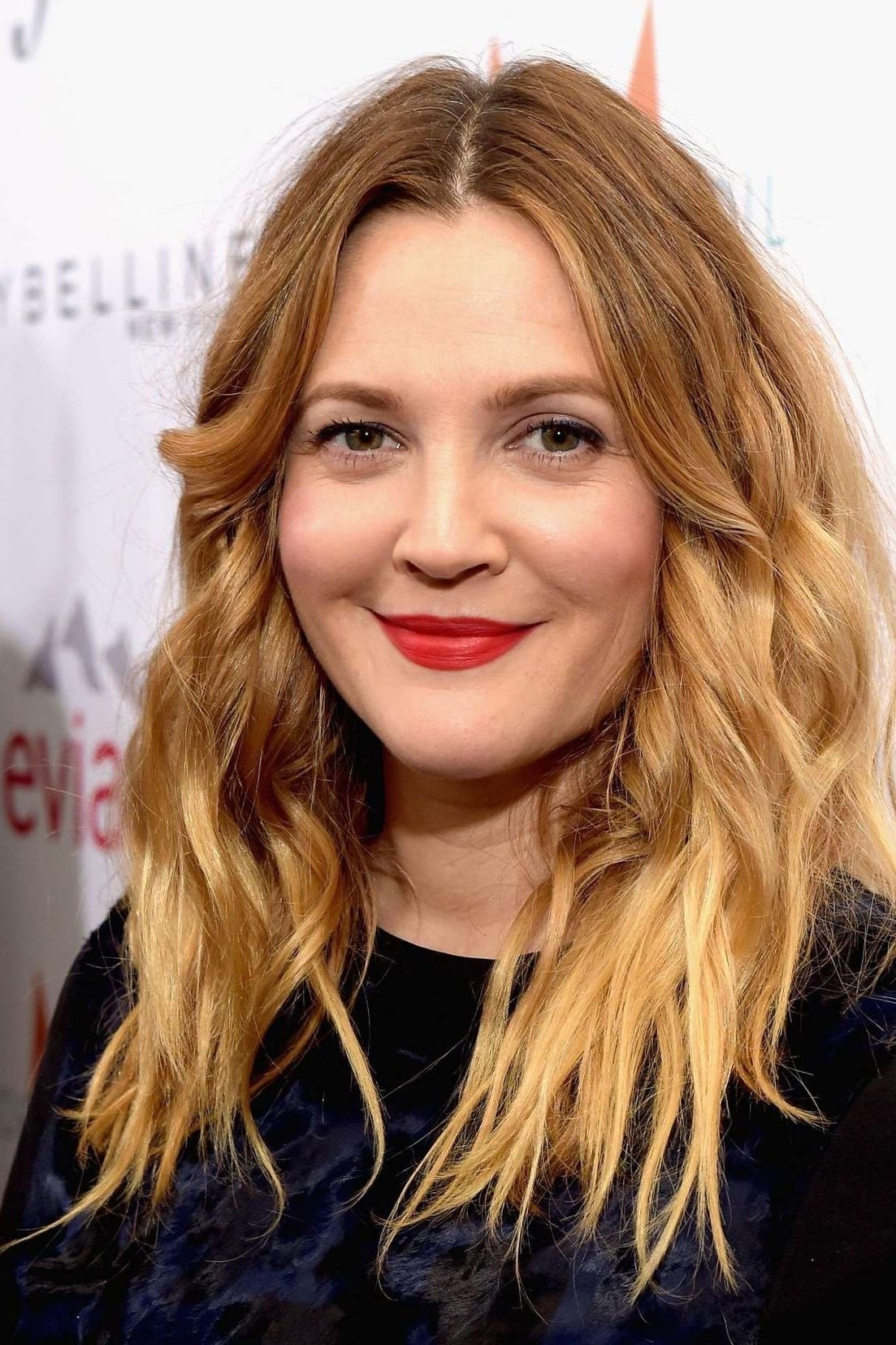
During the 2023 writers strike, she initially said her talk show would continue filming without writers, using previously recorded episodes. However, she quickly changed her mind after facing strong public criticism. She then released a video attempting to explain her decision and express support for unions, but the video received further negative reaction and was taken down.
As a big talk show fan, I remember how the whole thing with announcing a return, then apologizing, and finally walking it back became a really clear example of how shows were handling strikes and labor issues. It actually delayed the start of the next season of ‘The Drew Barrymore Show,’ and I noticed it definitely changed how other productions talked to their viewers about everything that was going on.
Lea Michele
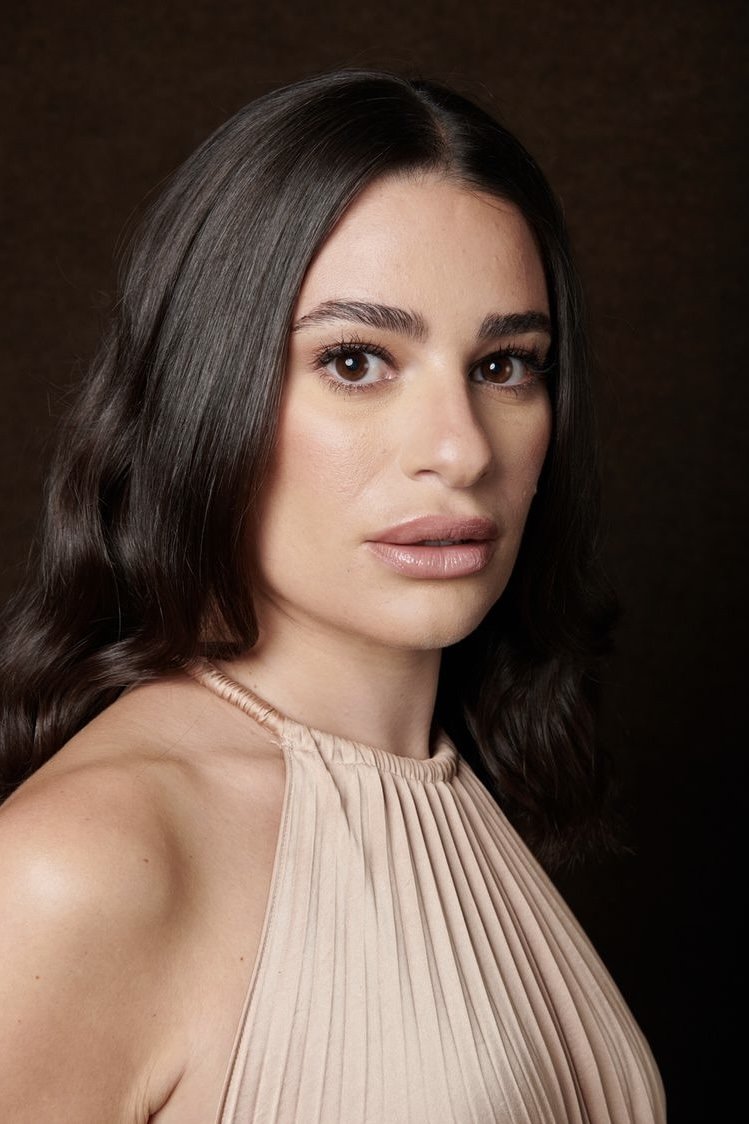
Several former cast members of ‘Glee’ have accused her of bullying and making the set a difficult place to work. She responded with a written apology, explaining she didn’t recall the events exactly as they described, but acknowledged her actions had caused pain and committed to improving her behavior.
The message sparked discussion because it lacked details about what would be done next, and people pointed out that it differed from more concrete information that had already come to light. The conversation then shifted to focus on her later work and interviews where her time on ‘Glee’ was mentioned.
Amber Heard
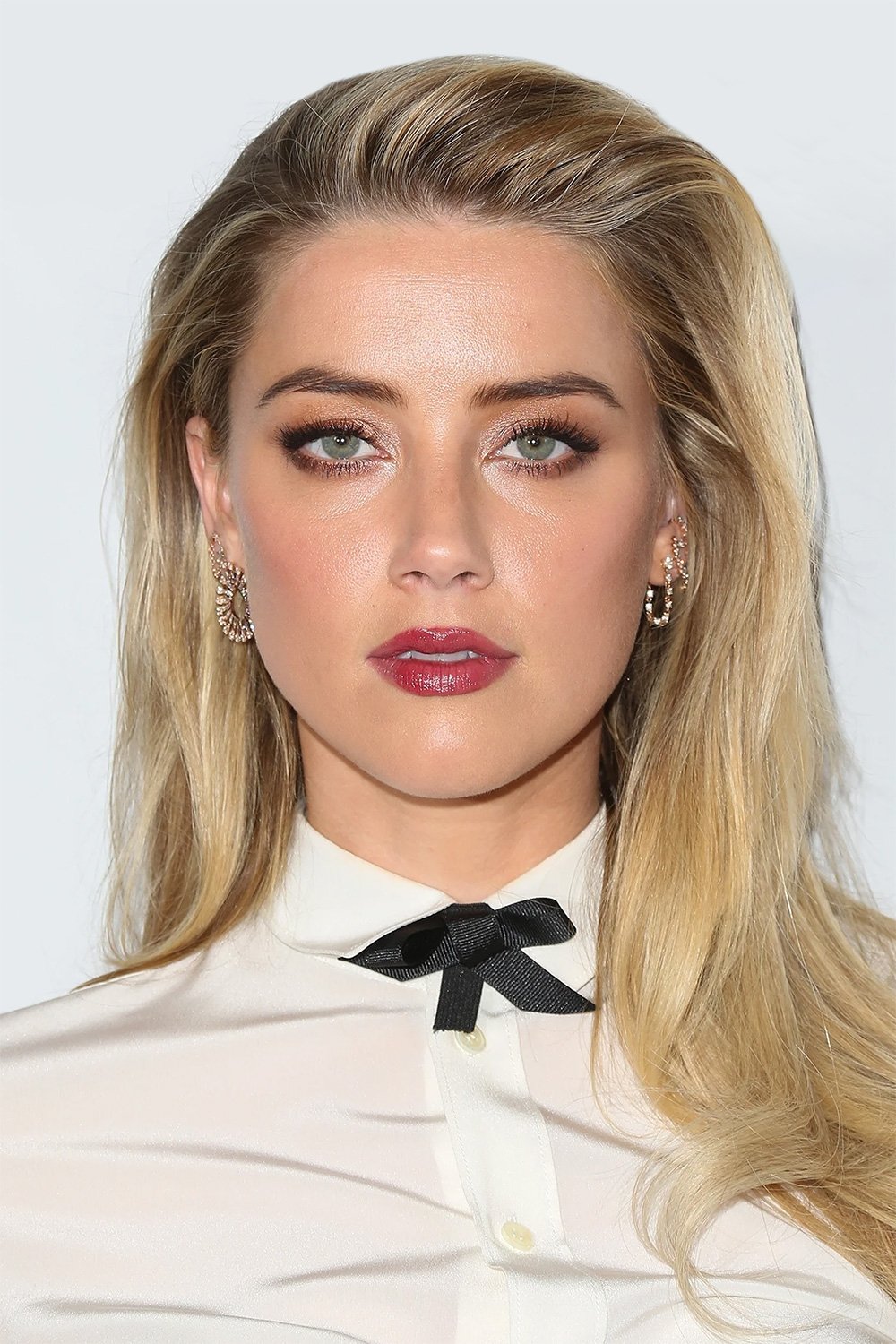
In 2016, as part of a legal resolution, Amber Heard and Johnny Depp released a video apologizing for bringing their dogs into Australia without the necessary documentation in 2015. The video’s awkward and emotionless delivery quickly became a source of online ridicule.
Even though the video met the legal standards, it didn’t really change how the public felt. Now, it’s often included when people discuss her career – alongside films like ‘Aquaman’ – and is used as an example in media studies to show how a message can be weakened when it feels inauthentic or forced.
Priyanka Chopra Jonas
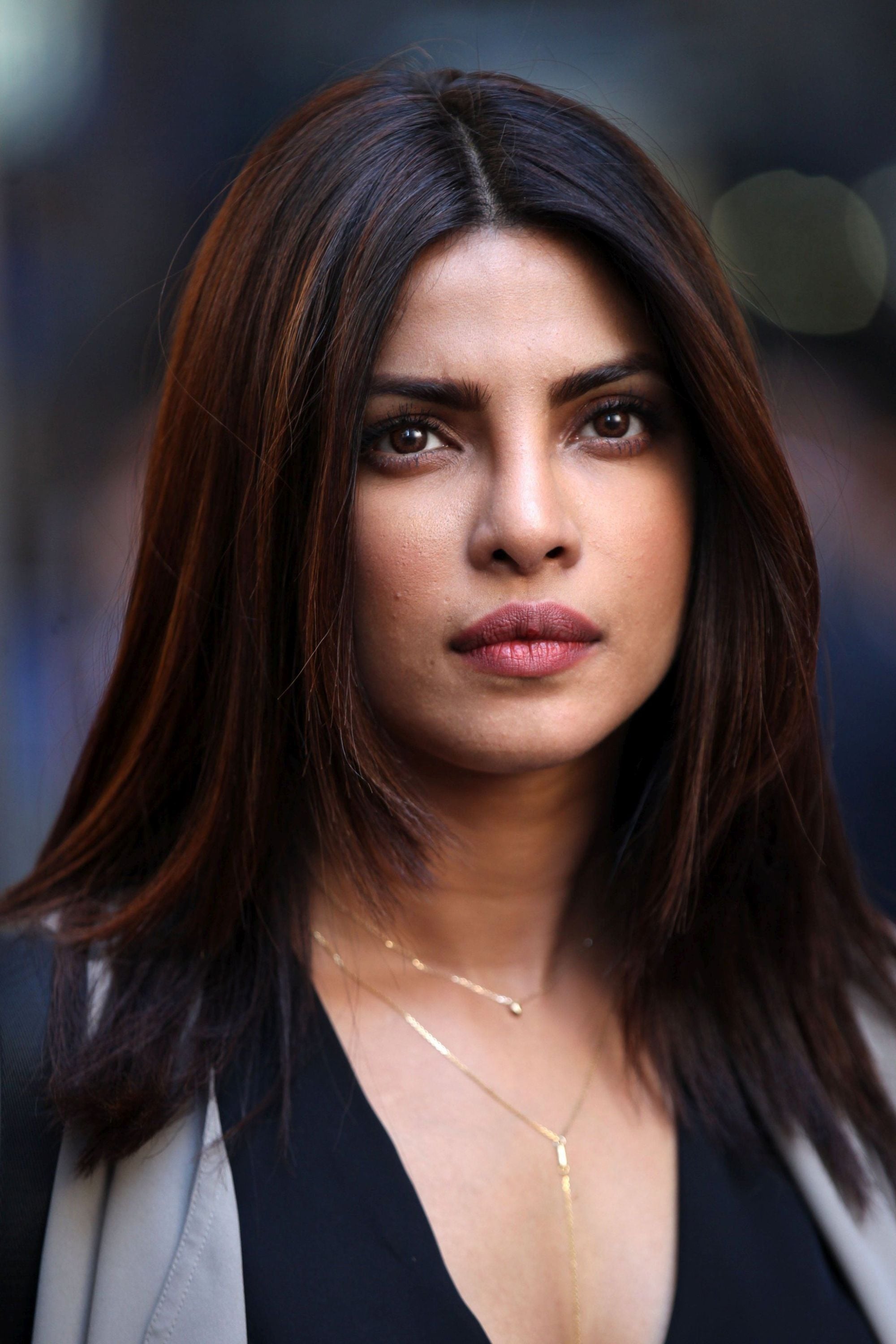
She received criticism for previously promoting skin-lightening products and for a comment she made when someone from Pakistan questioned her about a tweet regarding a military operation. She later apologized for the harm caused by her support of fairness products, stating she regretted her past actions. She also apologized to the questioner if her response had come across as disrespectful.
The story gained traction internationally because it combined the brand’s background with observations about world events. Today, the apologies are often brought up when people talk about celebrity endorsements in South Asia, and how global celebrities balance activism with their work in advertising, especially those involved in shows like ‘Quantico’.
Michelle Rodriguez
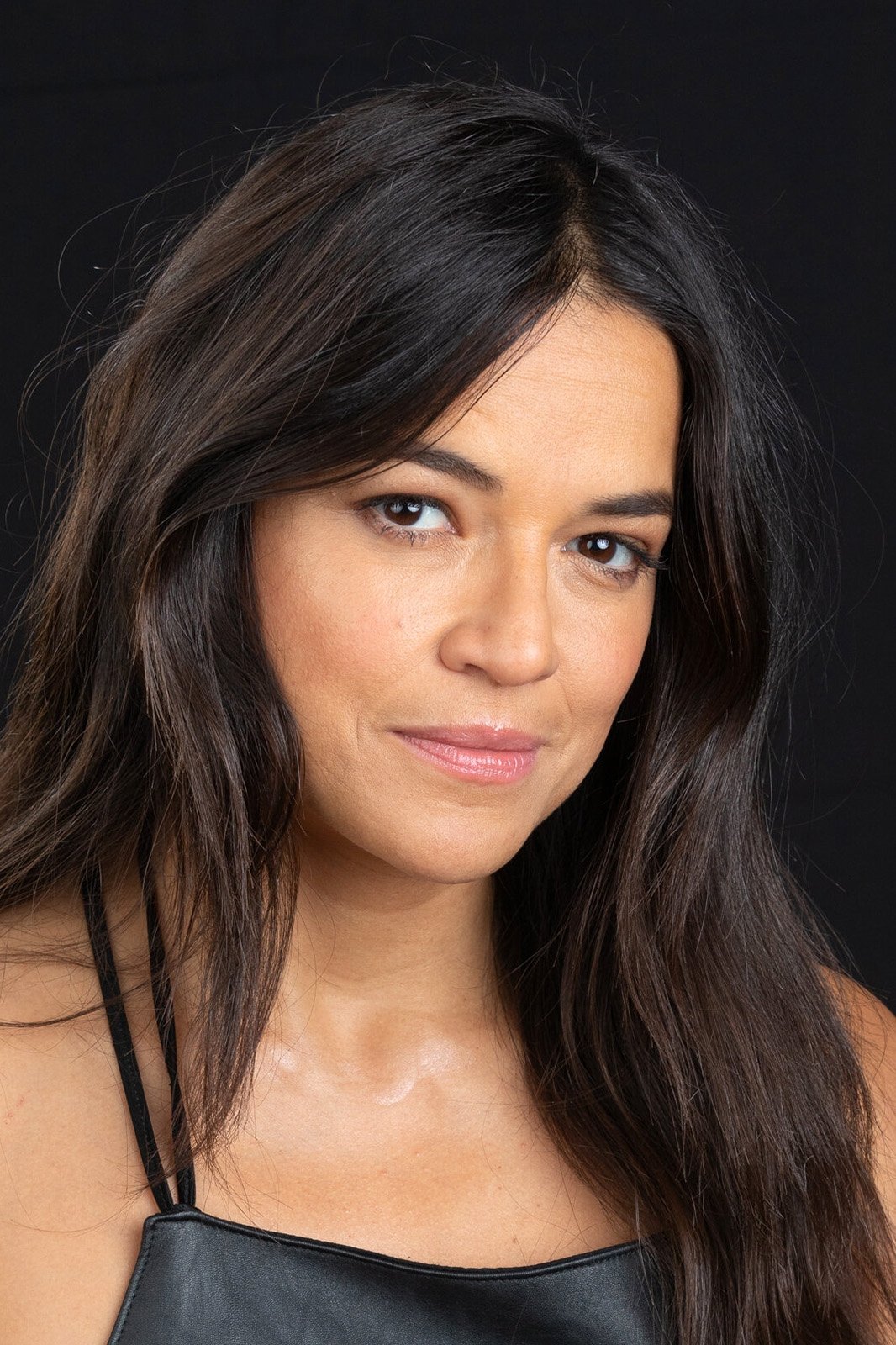
In a recent interview, she suggested that actors from minority groups should focus on developing new characters instead of taking on roles traditionally played by white superheroes. Following criticism, she released a video apologizing for how she phrased her thoughts, clarifying that her intention was to advocate for more unique stories featuring underrepresented communities.
Although the statement was revised to address unclear language, it continued to be referenced in discussions about race and casting choices in comic book movies. It also reappeared when looking back at her work in action films, particularly in conversations about the importance of representation.
Mayim Bialik

In 2017, she published an article about harassment in Hollywood that some readers interpreted as suggesting women could prevent assault through their own choices. She later apologized, clarifying that she didn’t mean to blame victims and that assault is always the perpetrator’s fault, never the survivor’s.
Although the clarification addressed some concerns, the initial report still faced criticism and sparked debate in classrooms. This situation is frequently brought up when people discuss her involvement with ‘The Big Bang Theory’ and her work as a host, particularly when the media examines past comments made by celebrities.
Reese Witherspoon
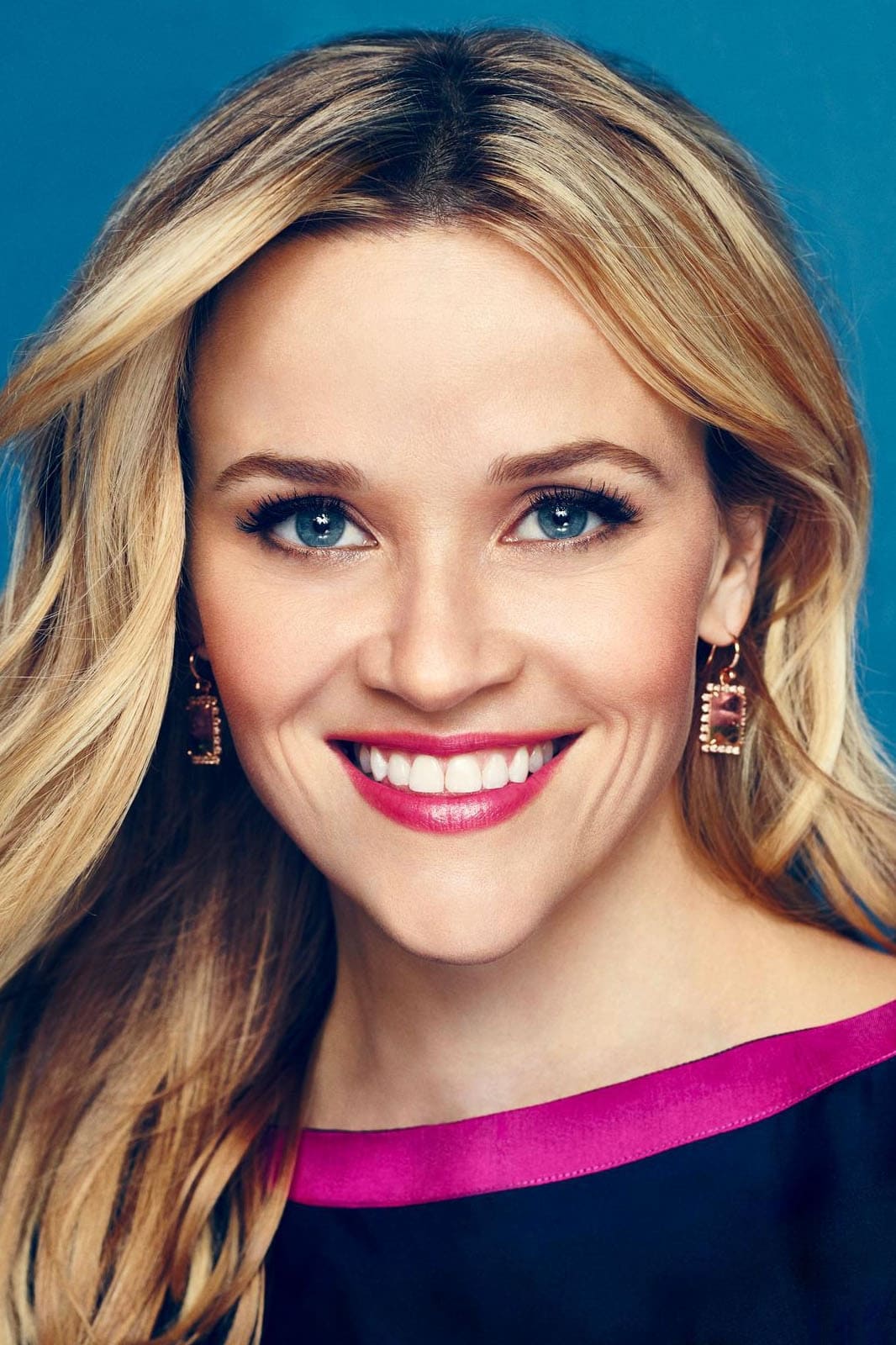
In 2013, she was arrested following an encounter with a police officer during a traffic stop. Reports say she asked the officer if he recognized her. She quickly apologized, admitting she’d been disrespectful, had been drinking, and felt deeply ashamed.
Although she acknowledged the issue, the story continued to define her public image for years. It’s often referenced in articles about her career, which follow her journey from her breakthrough roles in movies like ‘Legally Blonde’ to her later work as a producer and leader in the entertainment industry.
Read More
- 2025 Crypto Wallets: Secure, Smart, and Surprisingly Simple!
- Gold Rate Forecast
- Brown Dust 2 Mirror Wars (PvP) Tier List – July 2025
- HSR 3.7 story ending explained: What happened to the Chrysos Heirs?
- ETH PREDICTION. ETH cryptocurrency
- Gay Actors Who Are Notoriously Private About Their Lives
- 9 Video Games That Reshaped Our Moral Lens
- Uncovering Hidden Groups: A New Approach to Social Network Analysis
- The Best Actors Who Have Played Hamlet, Ranked
- Games That Faced Bans in Countries Over Political Themes
2025-09-29 13:15